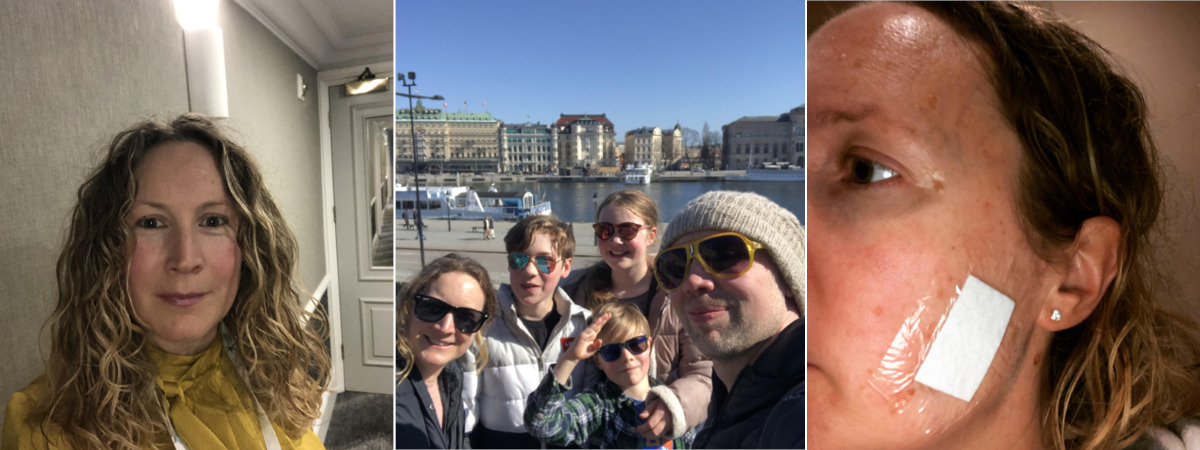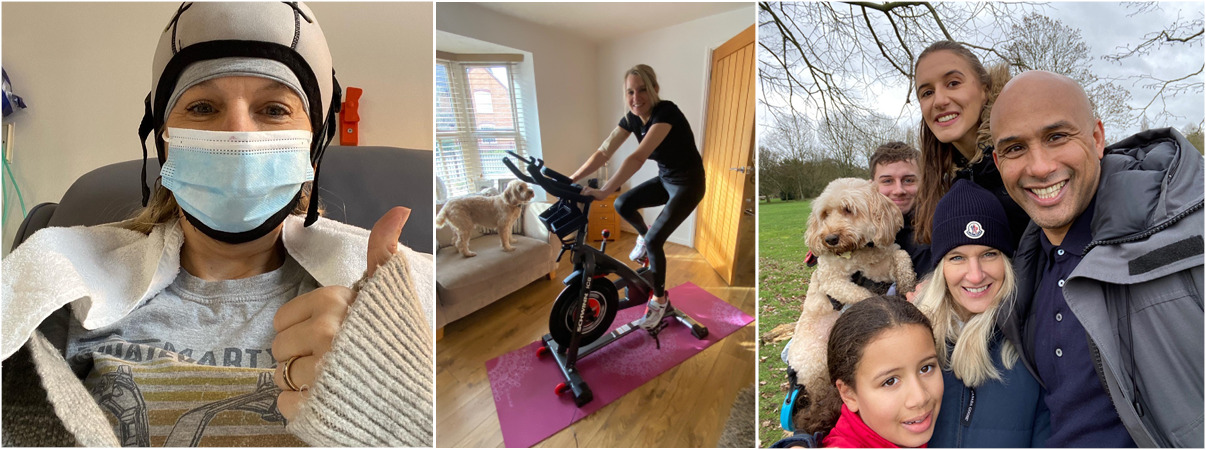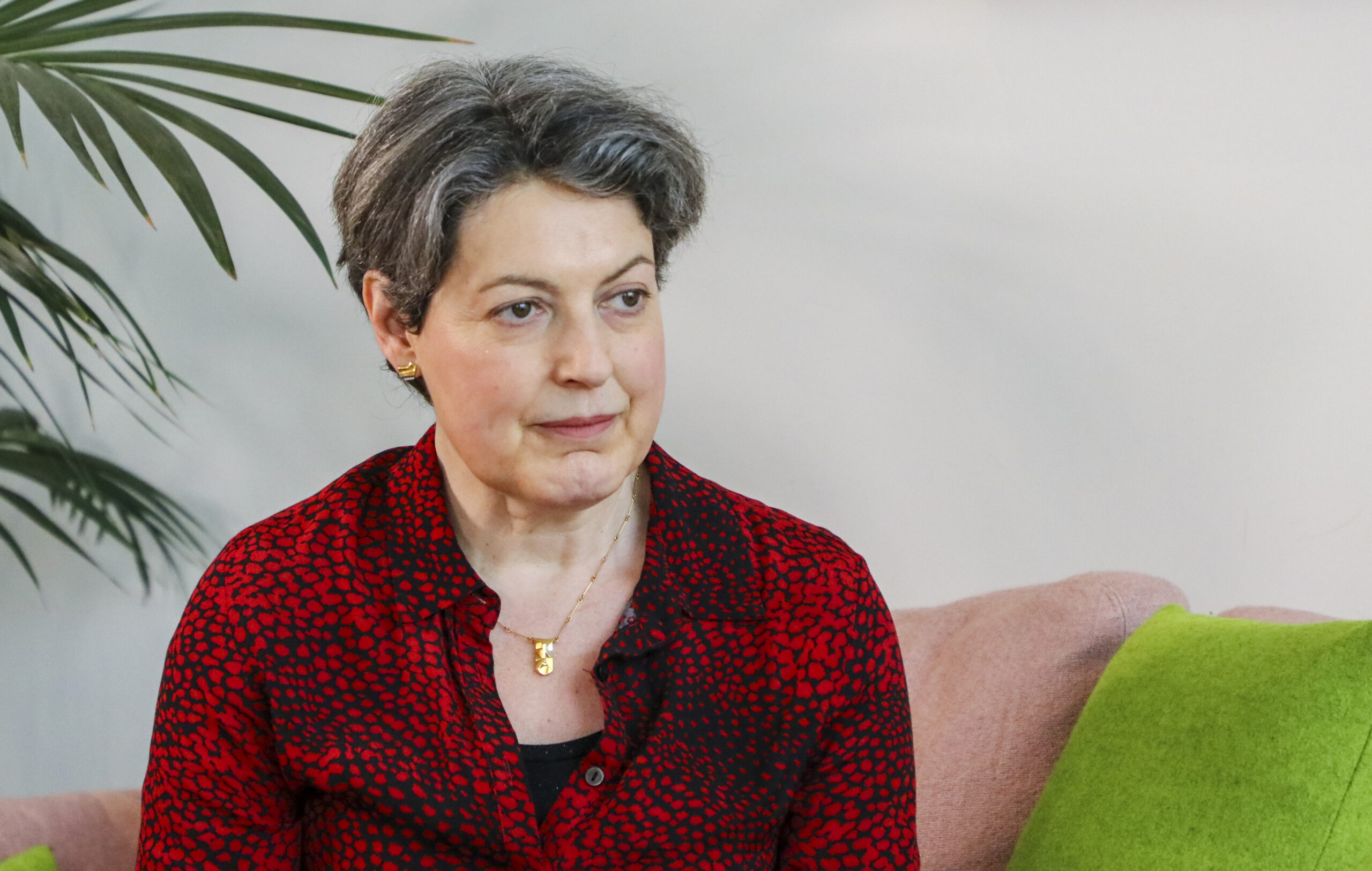Incredibly in the UK, skin cancer is the most common type of cancer, with incidence rates continue to increase. Christina Driver, Project Manager of the national skin cancer charity Skcin, shares her story.
Christina Driver, was diagnosed with two early-stage melanomas in 2015, aged 32.
Christina said: “I did have some moles removed when I was a teenager which were pre-cancerous and therefore had been relatively careful in the sun. I had also attended GP check-ups”.
However, it was only when Christina had moles removed for cosmetic reasons that her surgeon spotted two moles of concern.
Christina said: “I was asked if I had burnt as a child and I told him I remember going on lots of sun holidays, but I don’t remember burning. He said it can be a result of a long period of over exposure to the sun rather than a few severe sunburns”.
“I’ll never forget the consultant’s words seven years ago when he said, ‘These need to come off like yesterday’”.
Luckily, Christina’s had a successful operation and sentinel node biopsy, which removed the melanoma.
It estimated that 90% of skin cancers are due to sun exposure. In the UK, 1 in 4 men and 1 in 5 women will develop skin cancer in their lifetime.
Dr Rachel Abbott, Consultant Dermatologist and Mohs Surgeon at the University Hospital of Wales, said: “Prevention is key because we are still seeing a huge increase in skin cancer incidence in the UK. So, when you get the opportunity, particularly with young people or people who are immunosuppressed, do talk to them about sun safety and skin cancer preventions; signpost them to Skcin charity, Melanoma UK and Macmillan, who have great advice online”.
Presentation of melanoma can be difficult to spot as some lesions may appear benign. In practice, the ABCDE model can be used to help distinguish moles from early features of melanoma:
A – Asymmetry
B – Border
C – Colour
D – Diameter
E – Evolving
Christina’s takeaway messages for primary care professionals:
- It’s important for primary care professionals to have access to the latest skin cancer education to help diagnose earlier and provide the necessary support for patients.
- Empowering your patients with the knowledge on how best to protect themselves is important.



